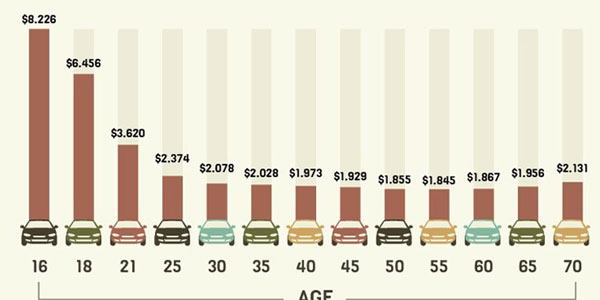Real estate agents are excellent resources for expert advice because of their years of experience. For those who have never gone through the process before, buying or selling a property can be daunting. Your agent knows the ins and outs of the house-buying process, including how to apply for a mortgage.
What Is A Mortgage Broker?
Simplified, a lender referral is when one party (often a real estate agent) suggests another party (typically a lender) to another party (typically a borrower) who is seeking a loan. It is a reference if a real estate agent helps a client find a lender after being asked for recommendations.
Is it okay for your realtor to contact the bank? Sometimes, your real estate agent must get in touch with your bank. Accomplishing this may include coordinating several components of the home-buying process, such as appraisals.
Do Realtors Take Commissions?

Incentives given to real estate agents for referring mortgage lenders are prohibited by RESPA. Lenders are not allowed to pay real estate agents referral fees.
Almost all conventional loans are sold to government-sponsored firms like Fannie Mae and Freddie Mac, and Section 8 of the Real Estate Settlement Procedures Act (RESPA) forbids anyone from getting money or any payment in exchange for a reference on a federal mortgage loan. RESPA applies to all other mortgages except for mortgages insured by the Federal Housing Administration (FHA) or the Veterans Administration (VA).
Money Charges And Interest

Popular banking websites flash attractive interest rates and annual percentage rates (APRs) in front of consumers' eyes, but these aren't the most crucial criteria to consider when selecting a mortgage lender, even if your agent suggests them.
The fact is almost all financial institutions have comparable interest rates. In terms of financial resources, they are on equal footing. The interest rates offered by the many national institutional lenders are quite competitive because of the intense competition among them.
Finance Brokers
Mortgage brokers are distinct from mortgage lenders and banks because they do not handle the loan origination for their clients. On the contrary, mortgage brokers function similarly to insurance agents. They use their extensive network of financial institutions to locate competitive mortgage loan rates for their customers.
Advise From The Broker
If your real estate agent suggests a mortgage broker, it may be advantageous to use that person. Brokers who have not provided satisfactory service in the past will not receive recommendations from agents.
Doing so would be detrimental to agents because dissatisfied customers wouldn't refer them to their friends and relatives. Your mortgage application fees could be reduced if the broker you work with offers a discount to clients of agents that send them business.
Benefits And drawbacks:
Pros
- Your lender probably has a strong working connection with your real estate agent, which will help move things along quickly.
- The bank has local knowledge.
- Banks may provide bonuses such as reduced closing costs to entice borrowers.
Cons
- The bank's terms might not be the best available.
- It's possible that the lender doesn't work with the Federal Housing Administration or the Veterans Administration.
- Possibility of a conflict of interest
Mortgage Basics For You And Your Realtor
Your realtor should be willing to assist you in every step of the home-buying process, regardless of whether you choose their recommended loan or not. Because they only get paid upon closing on the house. Your real estate agent should know the mortgage process and advise you about avoiding fees and how things like assessments function, even if you decide to go with a different lender.
Compare Mortgage Rates
Shopping around and comparing mortgage rates is a must regardless of where you receive your mortgage. If you accept the first offer, you may leave money on the table, especially in today's market, when rates fluctuate frequently. Large mortgage loans indicate that fluctuations in interest rates, even if just a little, can significantly affect monthly payments.
Consider A Realtor-Recommended Lender
One of the most significant aspects of purchasing a house is the financial aspect of the deal. A number of potential problems could arise with a mortgage loan application, including the lender being negligent in their examination of the file, losing important paperwork, or failing to ask for the necessary paperwork. It could miss warning signs and red flags, delaying the closing of the file by forgetting to order an evaluation.
Summary
If you inquire, your real estate agent will probably recommend a reliable mortgage lender they've worked with in the past. Your real estate agent may have a lender they favour, but you do not need to choose them. Always do your research and look at multiple options. If you put in the time and effort, you may be able to save quite a bit of cash.







